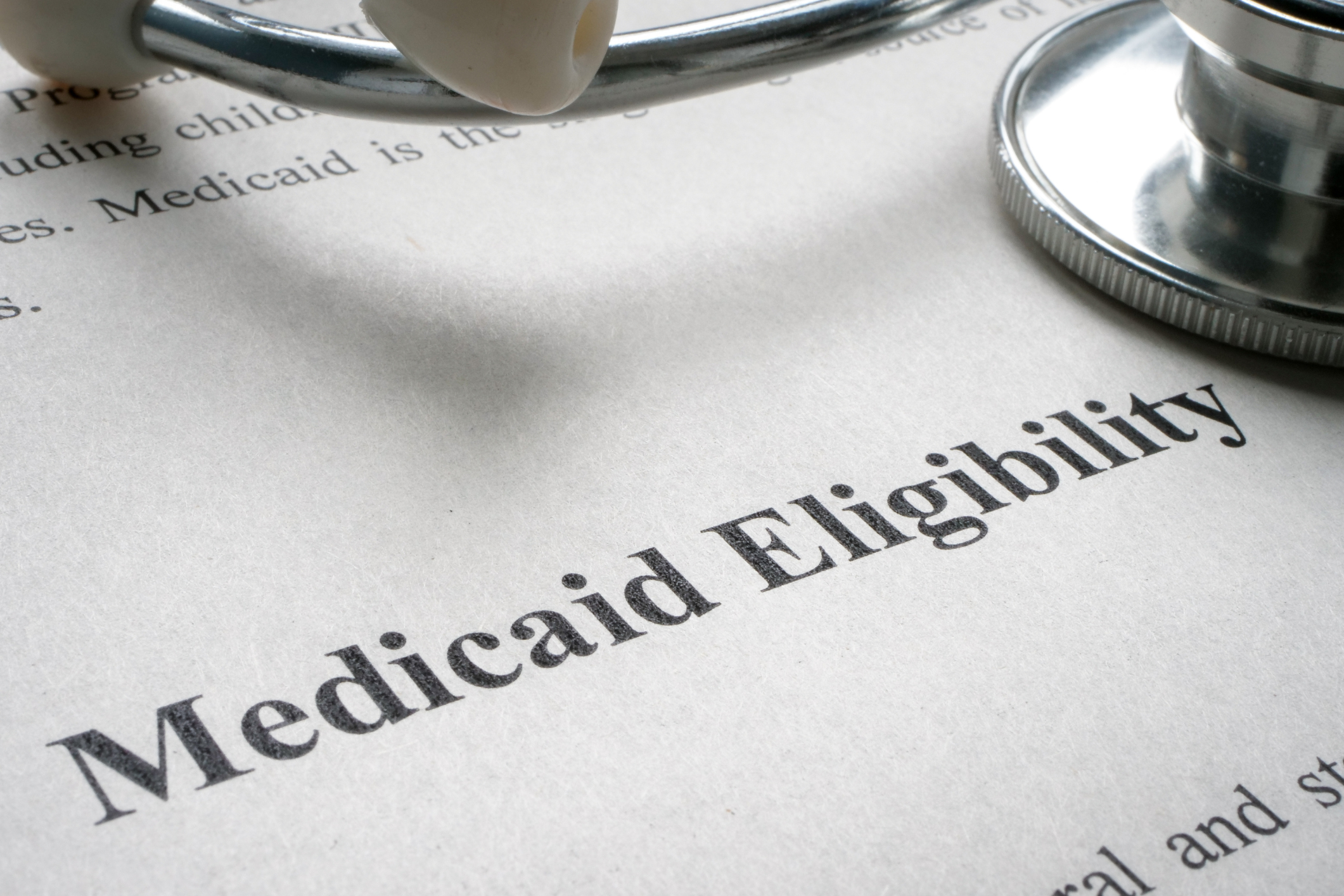By Amanda Hinton
After the public health emergency (PHE) ended on May 11th, the fate of many Medicaid enrollees still hangs in the balance. The continuous enrollment provision of the Families First Coronavirus Response Act (FFCRA) ensured that Medicaid enrollees would not lose their coverage during the COVID-19 pandemic. However, Congress delinked this provision from the PHE with the Consolidated Appropriations Act which was signed into law in December 2022. As a result, continuous enrollment ended on March 31, 2023, and states resumed reviewing Medicaid enrollees’ eligibility on April 1st in the process known as “unwinding.” During the PHE, Medicaid enrollment grew exponentially from 23.3 million people in February 2020 to 95 million at the end of March 2023. It is difficult to estimate the number of enrollees who will be disenrolled during this unwinding, but the Kaiser Family Foundation predicts that between 5 million and 14 million people will lose their Medicaid coverage in this one-year period. This is roughly a 5 to 13 percent decline in enrollment.
It is also estimated that 6.8 million beneficiaries will be disenrolled despite still being eligible for Medicaid coverage. Renewing Medicaid coverage, especially in a high-volume environment such as this one, creates a lot of room for error. Paperwork could be sent to the wrong address, calls could go unanswered, and agencies are understaffed and overwhelmed, all of which can result in inaccuracies and coverage loss.
Unwinding will also bring racial inequities. People of color, especially children of color are at high risk of losing their Medicaid coverage despite still being eligible. It is estimated that about 17 percent of White enrollees will lose Medicaid coverage due to administrative churn compared to 64 percent of Hispanic enrollees and 40 percent of Black enrollees.
In New Jersey, nearly 300,000 people could lose their coverage, which is about 13 percent of the total caseload. Advocates within the state are trying to spread the word throughout the community so members can be ready to renew their coverage. New Jersey plans to unwind over the full 12-month period and has created plans to ensure eligible enrollees do not lose their coverage for procedural reasons. These strategies include working with Medicaid managed care organizations to update address information for members who did not respond to redetermination requests during the PHE, launching a peer-to-peer ambassador program for community leaders to partner with NJ Family Care to get the word out about unwinding, and increasing ex parte renewal rates (automatic renewal) by incorporating SNAP data into its systems.
Additionally, New Jersey is also considering implementing a text messaging program to send quick eligibility reminders and requests for more information to enrollees along with their social media campaign. Although these strategies are in place to mitigate errors, there will be countless Medicaid beneficiaries who lose their coverage in the next year due to unwinding. These actions will lead to larger policy questions that must be addressed in the future to reduce the racial health inequities that will arise throughout this process.
Amanda Hinton is a recent graduate of the Master of Public Policy program with a concentration in health policy at the Bloustein School of Planning and Public Policy at Rutgers University.

